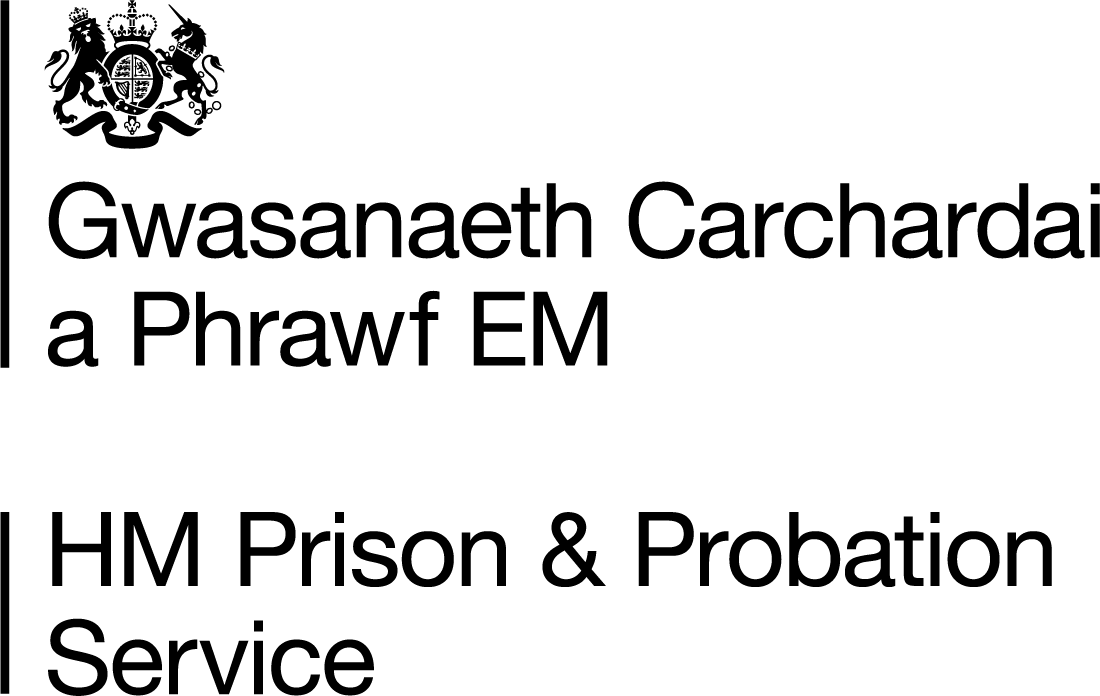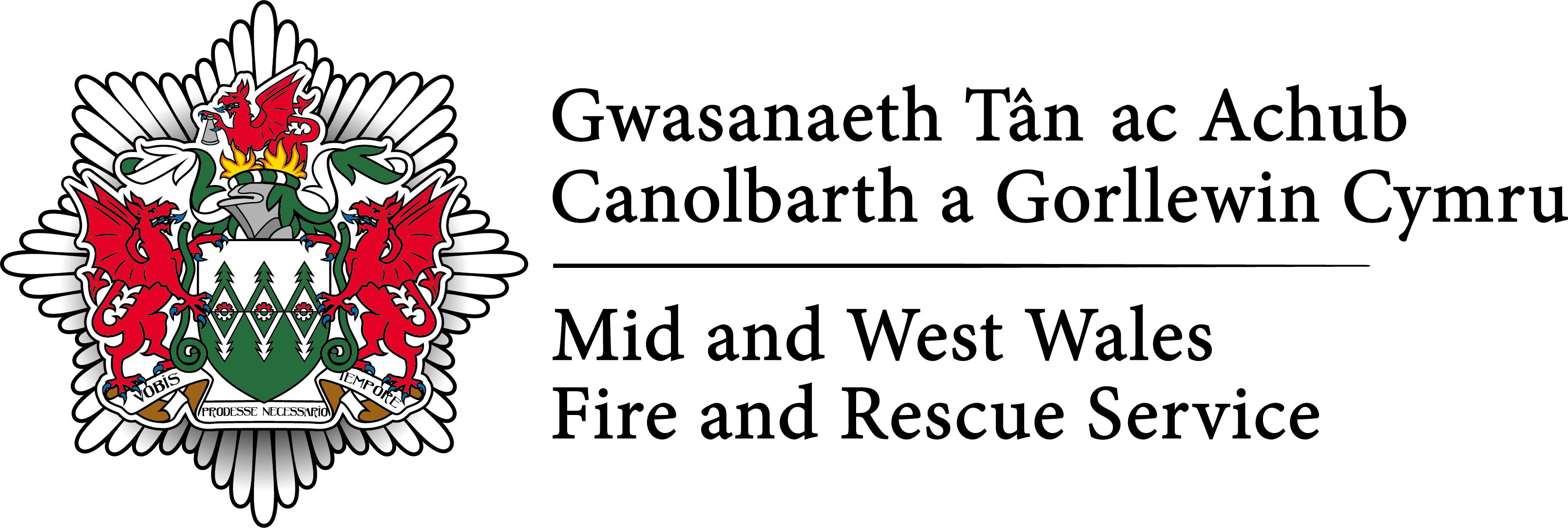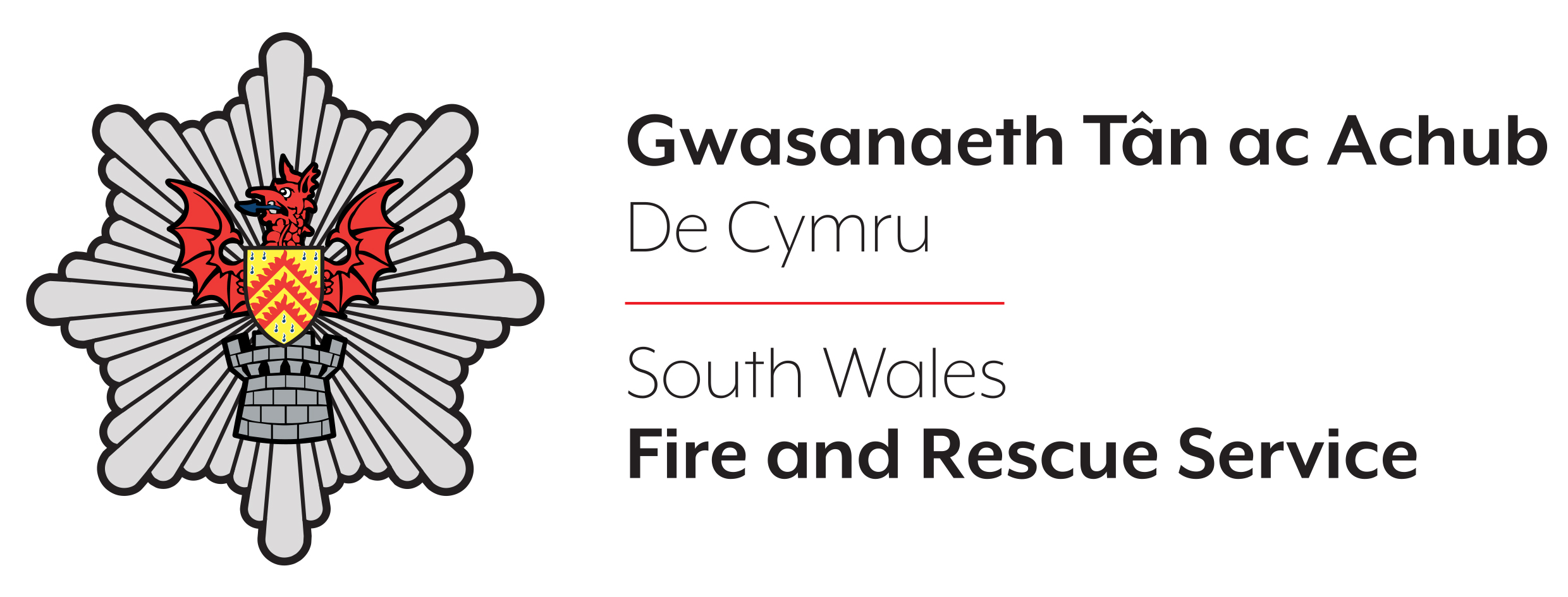- Fraud Act 2006
- Computer Misuse Act 1990
- Data Protection Act 2018
- Investigatory Powers Act 2016
- Proceeds of Crime Act 2002
- Forgery and Counterfeiting Act 1981
- Theft Act 1978
- Theft Act 1968
For more details on relevant offences and legislation, see Crown Prosecution Service (CPS) Guidance on the Fraud Act 2006 and CPS Guidance on Cybercrime.










